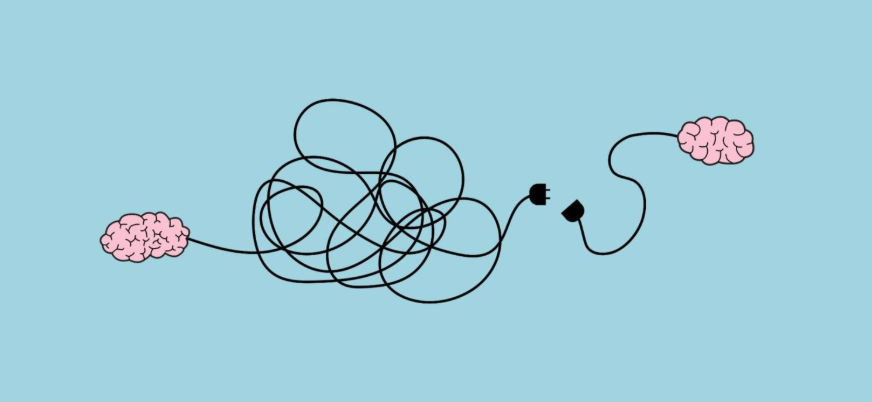
Which Yoga Pose Helps to Manage Anxiety?
June 1, 2016
Thinking about Counselling?
June 20, 2016Introversion and extroversion are the two poles of the personality spectrum. They have been popularized by psychotherapist Carl Jung and the Myers-Briggs Type Indicator test. Typically extraverts are outgoing and act before they think. Introverts are often reflective and like to engage in deep conversation. Ambiversion represents the precise middle of the spectrum. Everyone engages in some behaviours from all parts of the scale, but it appears that the vast majority of us have a distinct preference to one side or the other.
Even though introverts make up one-third to one-half of the population in the United States, society is geared towards extroverts. Because of this cultural bias, there are many misconceptions about introverts. Whether you’re an extrovert, ambivert, or introvert, correcting these misconceptions will help your interactions with other introverts. Here are three common misconceptions about introverts.
Misconception 1: Introverts are shy or have social anxiety.
While some introverts certainly can be shy, the two traits are not the same nor does either one cause the other. Many introverts are perfectly comfortable in social settings. They may be slower to speak up, but this is not out of fear or anxiety the way it is with shyness. It is because introverts are often reflective and spend a lot of time thinking before they are comfortable speaking.
Misconception 2: Introverts don’t like other people.
While introverts generally do spend more time alone than extroverts, it is not out of a dislike for others. Introverts can feel drained from highly stimulating environments or prolonged social interactions and prefer to re-energize with quiet. Regardless, they still highly value other people and especially their friends. Also, introverts will often prioritize quality or quantity in their relationships.
Misconception 3: Introverts are rude and aloof.
As mentioned before, introverts spend time thinking and processing before speaking. This may come across to others as disinterest or even passive aggressive behaviour, but it is not. Introverts also have a preference for deep, meaningful conversation. Because of this they often find small talk not only pointless and boring but possibly also challenging.
You can take a short and free version of this test here to find out where you land in the Myers-Briggs personality types. Then keep your insights and these misconceptions in mind in your future interactions.
OCCS provides comprehensive counselling services as well as a wide variety of specialty programs, subsidies, and workshops to best help our patients. Our counsellors specialize in concerns such as depression, anxiety, eating disorders, relationships and more. Please contact us today to learn more about our services, weekend/evening appointments, and sliding fee scale. Okanagan Clinical Counselling Services has three locations throughout the Okanagan in Penticton, Kelowna, and West Kelowna for your convenience.
This blog post was written by OCCS’s Clinical Counsellor:
t: 250.718.9291






